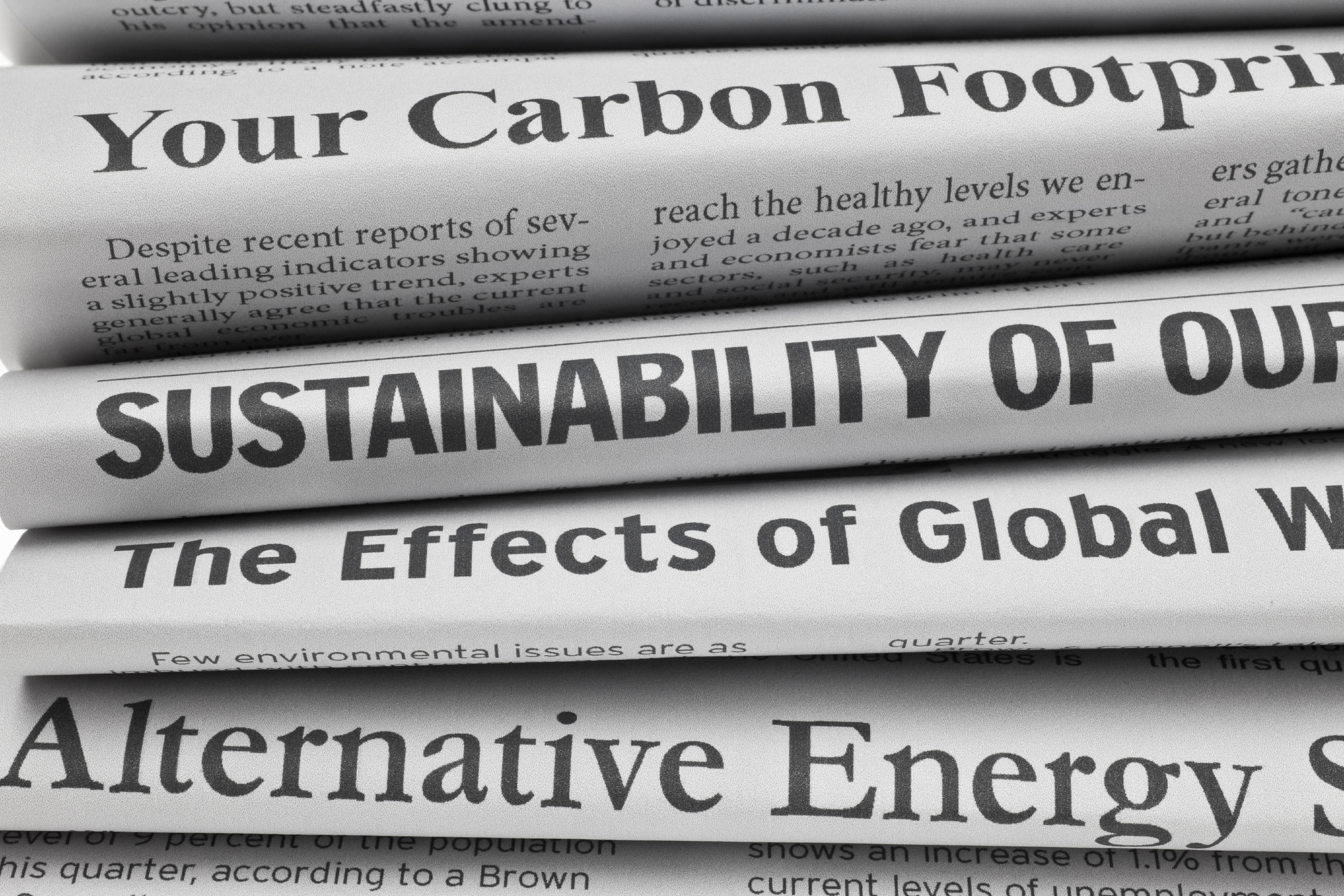In the media: Night storage heating for the Energiewende; German economy recovering
Süddeutsche Zeitung
Night storage heating has comeback thanks to the Energiewende
Night storage heating, ovens that take up power at night when there used to be an over-supply of cheap power and release it as heat during the day may now see a comeback, after the government first abandoned the techonology in 2009 and then reversed its decision in 2013, writes Stephanie Hoenig in the Süddeutsche Zeitung. The 1960s-era technology was deemed inefficient but now intelligent steering systems could enable the well-insulated storage heaters to take up excess renewables power whenever needed - night or day. Utilities RWE and EnBW have done tests with electric underfloor heating that is not charged during the night, but whenever the smart system identifies an oversupply of power in the grid. An estimated 1.4 million households in Germany still own night-storage heaters, which could amount to 4,000-4,500 megawatts of storage capacity, RWE estimates. A representative of the German Energy Agency (Dena) maintains that the technology is not efficient, because electric heating is more expensive than oil or gas and could even lead to higher CO2 emissions.
Statistisches Bundesamt
“Gross domestic product increased considerably in 4th quarter of 2014”
Buoyed by consumer spending at the end of the year, the German economy recovered in the fourth quarter after a summer slump, according to the German Statistics Office Destatis on Friday. Gross domestic product expanded in the fourth quarter compared to the third, growing by a seasonally adjusted 0.7 percent. Year-on-year growth was 1.6 percent, rather than the 1.5 percent previously predicted. The pickup thwarted expectations of a downturn after the economy shrank by 0.1 percent in the second quarter and grew only marginally by 0.1 percent in the third. “The phase of economic weakness at the end of the summer has been overcome,” the German Ministry for Economic Affairs and Energy said in a press release on Wednesday, adding that industrial orders and production had risen in the fourth quarter and that current indicators suggest “the economy is again picking up.” The jobs market is in good shape, boosting incomes and private consumption. “The consumer climate is at a very high level,” the ministry said.
See the press release in English here.
See the press release from the economics ministry in German here.
EurActiv
“Fracking in Germany: Critics warn against softened draft law”
In a hearing on the government's draft legislation on fracking, environmental organisations opposed what they considered a dilution of the environment ministry's formerly firm anti-fracking stance. The latest draft allows for fracking to take place in individually decided cases and under strict conditions, while previous proposals only permitted fracking for scientific purposes. Environmental protection organisation DUH criticised that an important decision on whether to allow fracking above 3000 metres for commercial purposes, was left to an expert commission whose neutrality was not assured. The Association of Local Utilities (VKU) whose members supply water to 80 percent of German households, demanded a water protection act that would ensure no fracking takes place near drinking water sources.
Read the article in German here.
An English version of the article can be found here.
See a ministry press release on the consultation process of the fracking law here.
Dow Jones Newswires / Frankfurter Allgemeine Zeitung – FAZ
"Hesse: Bouffier also distances himself from Suedlink"
The state premier of Hesse Volker Bouffier has added his doubts to the discussion about whether the new maximum voltage power line between north and south Germany is necessary, echoing sentiments from the Bavarian head of government. The line would cross Hesse near Fulda. Dow Jones Newswires reports that Bouffier wants grid operator TenneT to give better reasons why the 800 km line is needed and check whether it could take an alternative route through Sachsen-Anhalt and Thüringen. In an interview with the FAZ, Reiner Haseloff, state premier of Sachsen-Anhalt, said that there is no way around two new power lines connecting north and south.
dpa - AFX
“Chemical industry and trade unions versus Seehofer”
The chemical industry association and industry trade union IG-BCE have issued a joint declaration, warning the Bavarian government against repercussions if new power lines are not permitted. The paper says power prices could increase and that building more local gas-fired power stations would not be a solution, the Dpa-AFX reports.
See a CLEW dossier on the German power grid expansion here.

